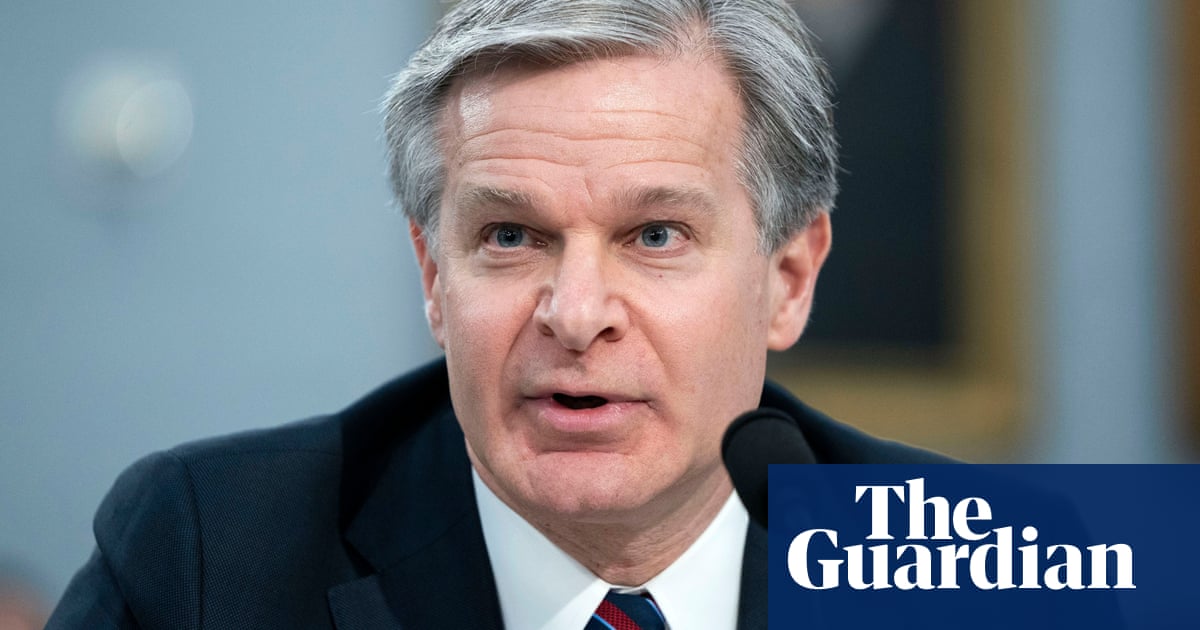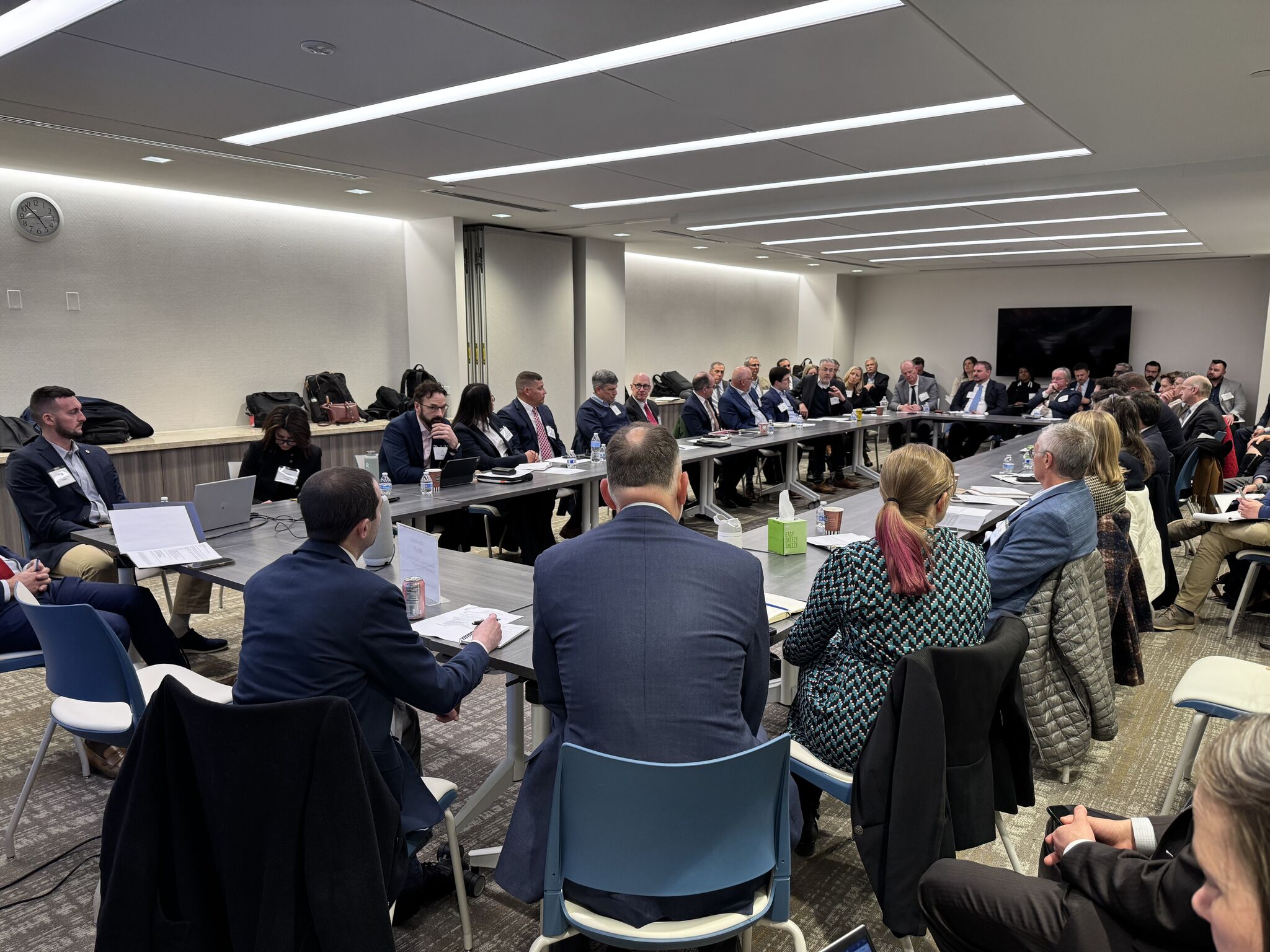FBI chief says Chinese hackers have infiltrated critical US infrastructure

Chinese government-linked hackers have burrowed into US critical infrastructure and are waiting “for just the right moment to deal a devastating blow”, the director of the FBI, Christopher Wray, has warned.
An ongoing Chinese hacking campaign known as Volt Typhoon has successfully gained access to numerous American companies in telecommunications, energy, water and other critical sectors, with 23 pipeline operators targeted, Wray said in a speech at Vanderbilt University in Nashville, Tennessee, on Thursday.
China is developing the “ability to physically wreak havoc on our critical infrastructure at a time of its choosing”, Wray said at the 2024 Vanderbilt summit on modern conflict and emerging threats.
He added: “Its plan is to land low blows against civilian infrastructure to try to induce panic.”
Wray said it was difficult to determine the intent of this cyber pre-positioning, which was aligned with China’s broader intent to deter the US from defending Taiwan.
China claims democratically governed Taiwan as its own territory and has never renounced the use of force to bring the island under its control. Taiwan strongly objects to China’s sovereignty claims and says only the island’s people can decide their future.
Earlier this week, a Chinese ministry of foreign affairs (MFA) spokesperson said Volt Typhoon was in fact unrelated to China’s government, but was part of a criminal ransomware group.
In a statement, China’s embassy in Washington referred back to the MFA spokesperson’s comment, saying: “Some in the US have been using origin-tracing of cyber-attacks as a tool to hit and frame China, claiming the US to be the victim while it’s the other way round, and politicizing cybersecurity issues.”
after newsletter promotion
Wray said China’s hackers operated a series of botnets – constellations of compromised personal computers and servers around the globe – to conceal their malicious cyber activities.
Private sector American technology and cybersecurity companies previously attributed Volt Typhoon to China, including reports by security researchers with Microsoft and Google.
Related
How SenseiNode Is Building Proof-of-Stake Infrastructure in Latin America
A lot of attention is paid to the decentralization of the Bitcoin network.Bitcoin miners should set up shop in a number of different jurisdictions in order to p
The Infrastructure of Racial Justice Is Under Attack. We Must…
President Donald Trump began February with a proclamation that Black History Month offered “an occasion to celebrate the contributions of so many Black Am
Bomb threat found “non-credible”: American Airlines after Delhi-bound flight diverted…
American Airlines has said that the "bomb threat on board", due to whi
Big infrastructure investment plans take shape in America
Amtrak and dozens of major industry partners representing construction, manufacturing, rail supply, engineering, and other sectors convened for an industr













